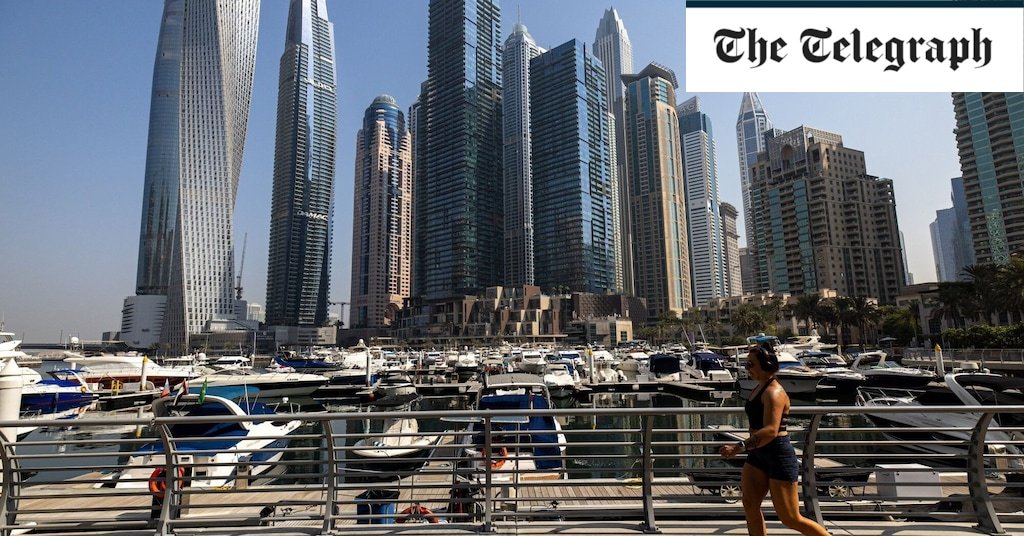Properties yield on average a 6pc return and all investment income is tax free, plus there is no stamp duty or inheritance tax payable in Dubai, which are all factors to consider when making an offer.
If you find something you like, you can then make an offer and if accepted, a deposit of 10pc must then be paid by the buyer. This is more stringent than in the UK where an offer can be accepted but nothing is binding until contracts are exchanged.
In Dubai, there are usually some rounds of negotiations before terms are agreed but once the offer is accepted, the buyer could lose their deposit if they pull out of a purchase.
How to finance a Dubai property purchase
Many property buyers in Dubai are “prime” or super-prime customers so may pay in cash. However, it is possible to use a mortgage in Dubai. Jerry Parks, head of real estate at the Dubai branch of law firm Taylor Wessing said this is becoming more common.
Overseas buyers need to apply to a bank in the UAE and some may have restrictions on lending to non-residents. It may be worth getting a visa if you can – if you are working in Dubai it can help secure lower rates.
Non-resident mortgage interest rates range from 6.5pc to 7pc in contrast to the 4.5pc to 5pc interest rates currently offered in the market to UAE residents, said Mr Parks.
You can apply remotely but typically will have to be in Dubai to complete the application and sign the documents to open the accounts.
Parks said: “The ‘know your customer’ process varies from bank to bank, and is largely based on the profile and source of wealth of the individual applying for the loan.
“The process can be quite involved, requiring certified documentation proving identity, address, employment, and income. We recommend clients use a local mortgage broker, licensed by the Dubai Economy & Tourism authority, and regulated by UAE Central Bank.”





